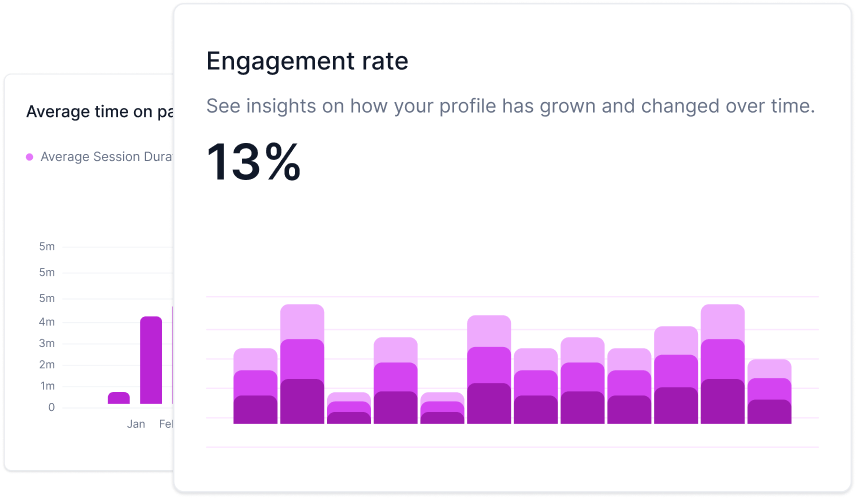What is the PPC Bid?
PPC bid, short for "Pay-Per-Click bid," is the maximum amount an advertiser is willing to pay for a single click on their online advertisement. It is crucial in determining ad placement and visibility in pay-per-click advertising campaigns, such as Google Ads.
In the realm of online advertising, the term "PPC Bid" holds the key to effective campaigns and budget management. This article aims to demystify PPC bidding, providing insights into determining the optimal bid, strategies for cost control, and the crucial role of Quality Score in ad placement.
How Can I Determine the Optimal PPC Bid?
PPC, or Pay-Per-Click, advertising allows businesses to bid for ad placement on platforms like Google Ads. But how do you decide the optimal bid? Consider these factors:
- Keyword Research: Start by researching and selecting the right keywords for your ads. Understand their search volume and competitiveness to gauge the bidding landscape.
- Budget Allocation: Determine your advertising budget and allocate it strategically across your campaigns. Calculate how much you can afford to spend on each click while maintaining profitability.
- Competitor Analysis: Investigate what your competitors are bidding for similar keywords. This insight can help you identify bidding trends and make competitive bids.
- Quality Score: Quality Score, a critical metric in Google Ads, influences ad position and costs. The relevance of your ad determines it, the quality of your landing page, and the expected click-through rate (CTR).
- Ad Position Goals: Decide on your desired ad position. If you aim for top positions, be prepared to bid higher. Alternatively, a lower position may require a lower bid.
- A/B Testing: Continuously experiment with different bid levels to find the optimal balance between ad position, click costs, and ROI.
What Techniques and Strategies Can I Use to Control and Manage My PPC Costs Effectively?
Cost control is essential in PPC advertising to maximize ROI. Here are some techniques and strategies:
- Set Daily and Monthly Budgets: Define your daily and monthly spending limits to ensure you don't overspend.
- Use Bid Adjustments: Platforms like Google Ads offer bid adjustments for various factors like location, device, and time of day. Utilize these to target the right audience at the right cost.
- Implement Negative Keywords: Negative keywords prevent your ads from showing for irrelevant searches, reducing wasted clicks and costs.
- Monitor and Adjust: Regularly review your campaigns and make adjustments. Pause or reallocate budgets for underperforming keywords or ads.
- Focus on Quality Score: Improving your Quality Score not only boosts ad position but also lowers costs. Ensure your ad copy, landing page, and expected CTR are top-notch.
How Does the Auction Process Work in Platforms Like Google Ads?
In platforms like Google Ads, the auction process determines which ads are shown and their positions. Here's a simplified overview:
- Ad Auction: When a user initiates a search, an ad auction is triggered. Advertisers with relevant keywords enter the auction.
- Quality Score and Bid: Google uses a combination of Quality Score and bid to determine ad rank. The higher your Quality Score, the less you may need to bid for a top position.
- Ad Rank and Ad Position: Ad rank is a metric used to determine ad position. The ad with the highest ad rank gets the top position, and so on. Your actual cost per click (CPC) is influenced by the ad rank of the advertiser below you.
- Pay Only When Clicked: Importantly, with PPC, you only pay when a user clicks on your ad, not when it's displayed.
In conclusion, mastering PPC bids is a crucial element in successful online advertising. By determining the optimal bid, employing cost control strategies, and recognizing the role of Quality Score in the auction process, you can make the most of your advertising budget and achieve better results in your PPC campaigns.

